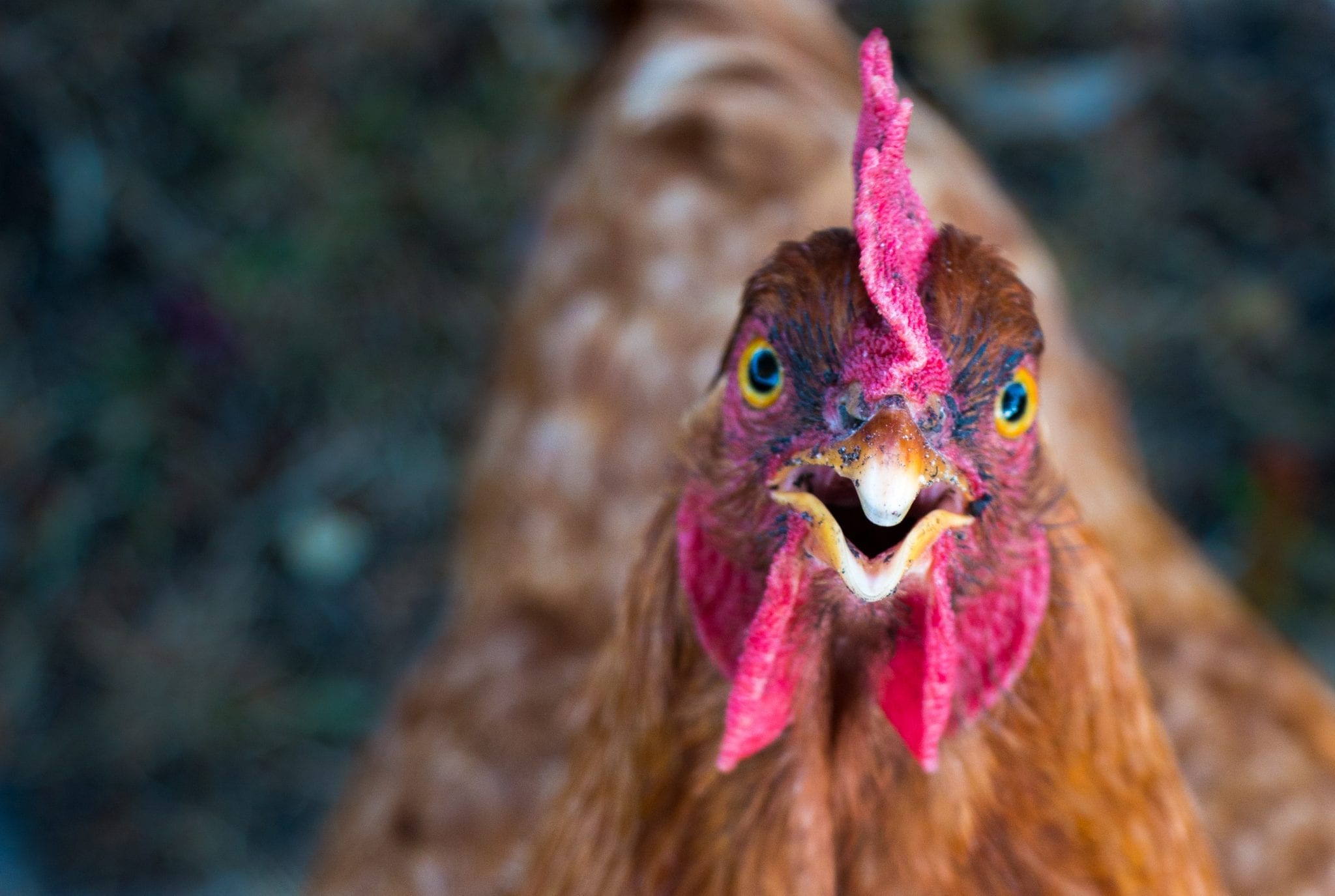Poultry Producers Accused of Illegal Price Fixing Scheme, Fieldale Pays
Fieldale Farms, a Baldwin, Georgia, chicken producer, has agreed to pay $2.2. million to in a federal, class-action lawsuit alleging price fixing by the major companies in the broiler industry, which plaintiffs say was aided by the Georgia Department of Agriculture. Fieldale executives also agreed to provide documents and witnesses to the plaintiffs for the ongoing suit against other producers in the industry.
The settlement agreement is the latest in a growing number of lawsuits targeting some of Georgia’s largest chicken producers with ramifications extending far beyond their home state. Attorneys say their clients and consumers were harmed by a conspiracy to keep chicken prices fixed at artificially high rates for years.
The lawsuits involve big-named producers such as Tyson, Perdue, and Pilgrim’s Pride. They are the market leaders in the broiler supplier industry, controlling 90 percent of the $30 billion worldwide, wholesale market. The Agriculture Department, which is not named as a defendant in the class-action, has been accused of allowing producers to provide these inflated prices to the Georgia Dock despite internal warnings that the department was not following through with its regulatory duties.

The class-action lawsuit also claims that, starting as far back as 2008, Pilgrim and Tyson started trying to manipulate prices by cooperating to cut industry production. They did so by destroying their breeding hens, which the lawsuit describes as “unparalleled” with consequences that “continue to reverberate in the broiler industry to present day.” The companies also supposedly passed along inflated prices for broilers to the Agriculture Department’s price index.
In February of this year, Tyson disclosed it had received a subpoena from the Securities and Exchange Commission (SEC), which the company said arose from earlier allegations involving supposed price-fixing in the poultry business. It is currently working with the commission, cooperating in the matter, according to company representatives.
One of the strongest pieces of evidence in the matter came from an internal Agriculture Department memo written by Agriculture Department employee Arty Schronce, who expressed concerns that the self-reported prices were “a liability to the Georgia Department of Agriculture” and he had “come to question the validity of some of the information provided.”
The following month, the department launched a new tool with randomly verified sale prices, called the Georgia Premium Poultry Price Index, but the department shut that down after a short period of time when poultry producers refused to provide enough data.
“The Dock was just so ingrained in the way people operated,” said Mark Johnson, a poultry economist. “Given the shift in bird-weight trends, it wasn’t the best market tool.” He added that when it began to be questions, producers started “getting tight lipped” and almost immediately, the Dock lost its value.
“Critics alleged that index…relied too much on chicken companies’ input while not verifying prices with buyers,” according to the Wall Street Journal. “Chicken companies maintained the information they submitted was accurate, but downplayed the Georgia index’s significance to their business.”
Len Steiner, a New Hampshire-based poultry consultant, said the lawsuits stemming from the Dock have made producers “much more cautious” about projecting sales figures. The investigation is ongoing.
Sources:
Georgia chicken firm pays $2.25 million to exit lawsuit
Fieldale Farms Offers to Pay $2.25 Million to Settle Chicken-Pricing Lawsuit


Join the conversation!